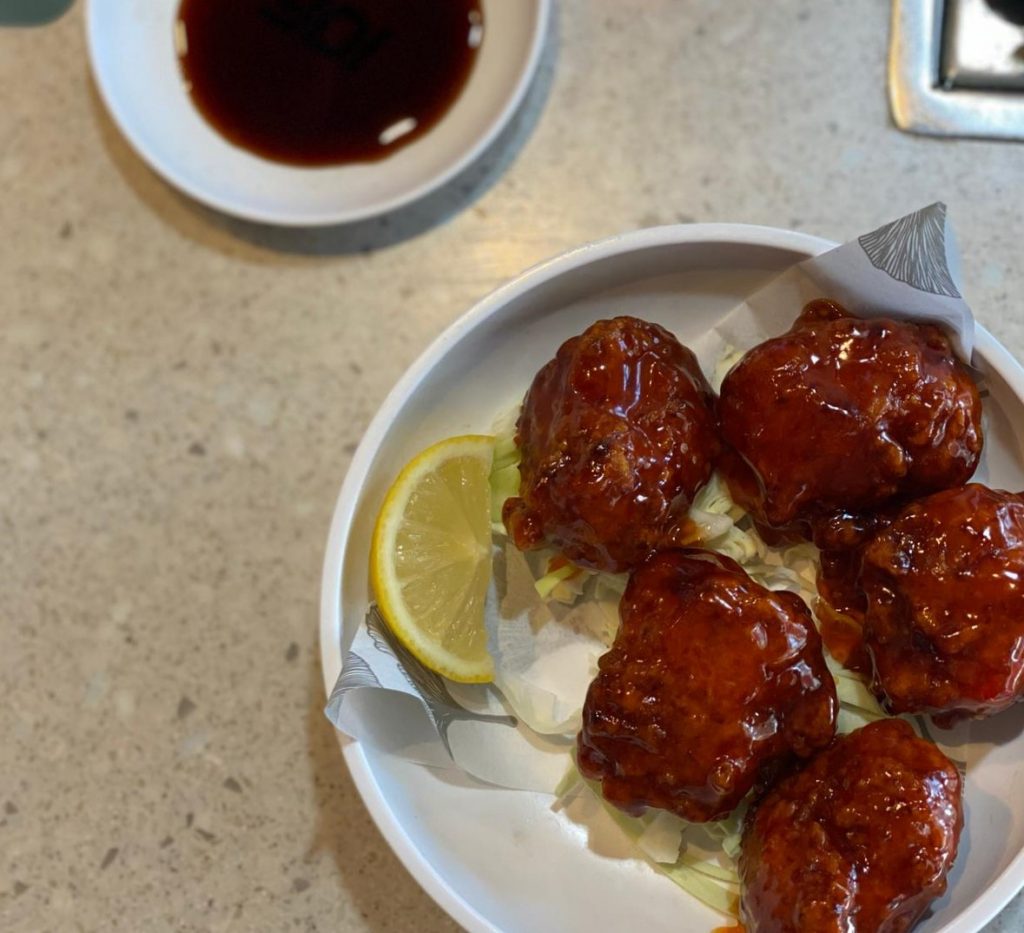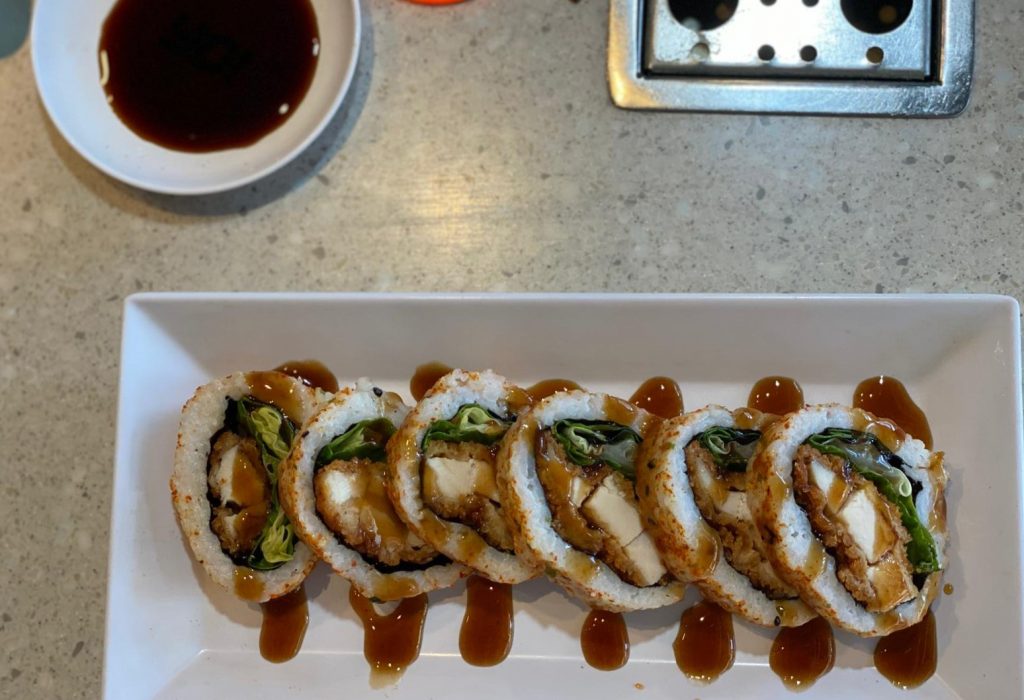Featured image by Indigo Jones
From the 3rd to 31st August, we’re all able to get a 50% discount when dining at restaurants registered with the Eat Out to Help Out Scheme to help us get back into restaurants after they were shut during lockdown. At first glance, the scheme might seem like a great idea- we are all saving lots of money and getting to eat out at our favourite restaurants again. But is it really such a good plan after all, or will there be consequences? Here’s a look at both sides of the story…
For
By Megan Evans
The Eat Out to Help Out scheme has allowed a lot more business to be accommodated after the horrendous knock on effects that the closure of restaurants and cafes has had on the economy. Lockdown resulted in thousands of job losses and closures of big brands, and especially independently run ones who don’t make nearly as much money as the others, so don’t really stand much of a chance in the crowded market. The general positives (coming from someone who works part time in this industry) is that it allows us workers to keep working and also gives people a reason to come out and enjoy the food crafted in this hard-working sector. Slashing the price(s), allows us students, and people who cannot afford the luxury of eating out, to enjoy it.
There has been an estimated figure that people have bought 35 million meals within the 85,000 restaurants and pubs that have participated. This is such a huge resurgence. Going from uncertain months of not opening, to having a bustling atmosphere, makes the journey back to normal a lot nicer, as people are respecting that if they spend the money, it is helping to keep the businesses going.
I have taken advantage of this scheme as being a part of the other side of the counter means that I am aware of the back of house demands. It may look easy on the surface level, but working in hospitality is such a struggle.

To know that the money will be matched by the government, allows the pressure of sales to be a little easier, especially as the summer months would have been the best time to make lots of money, but all events such as festivals, concerts, holidays have been cancelled due to coronavirus.
I think that the scheme has been incredibly successful in maintaining the demand and to allow the ease of normality to become a reality. It will take a long few months, if not years for some hospitality sectors to attain a normal level of income. You have seen the news of businesses going bust. We need to actively go out to keep the fire going.
Brands that you never would have thought would have financial worries, have had warning bells. It is so vital that even after this scheme is over, that we continue to support this sector, as it is the building blocks of the economy. Where would we be able to host events? Parties? Go for a meal after work? Grab a cuppa with your mother? Without the cafes, pubs and restaurants, the world wouldn’t quite be the same.
The enjoyment of people going out and enjoying a cheap meal, is also benefited by the staff working as it allows the job to continue. It allows that part time worker to fund her next level of education, the mother to feed her children, and the boss to keep his mental health in check.

Against
By Olivia Adams
For all of the major lovers of food and eating out, the ÔÇÿEat Out to Help Out’ scheme has been a dream come true. However, when looking at the flipside of it, it could also be considered a nightmare that not many are aware of. Although difficult to imagine as it is currently having a positive impact for food eatery companies and the economy, it must be recognised that it has also opened the door to many issues and risks.
Firstly, with the scheme enabling you to eat out and receive 50% off at an extensive list of restaurants, which is no doubt great for the customer as it means more variety, it is not so great for smaller businesses. As a result of the pandemic, the country has unfortunately seen an increase in bankruptcies and watched many businesses struggle to stay afloat; this is especially noticeable in the food sector as restaurants were forced to shut for months. While, the situation has been hard on everyone, larger companies and chains in the food industry will have been better equipped financially and had an upper hand compared to, for example, a smaller, independent caf├®. However, with the scheme being open to all that applied, it seems that the competition and fight for customers is unfair for small businesses, when popular corporations like Nando’s, Wagamama’s and YO! Sushi, are in the mix.

Alongside this, there are many unhealthy, fast-food restaurants that are included in this scheme, which is worrying when looking from a health point of view. Popular chains, like McDonald’s, Subway and KFC, already have a much cheaper menu than many other restaurants due to the nature of what they are selling. When able to decrease the price of their food even more and with the customer being encouraged to spend money on food, people are drawn to this; even though it is worse for their health. This is an issue as it is only contributing to the cause of health-related issues, for example obesity and heart diseases, when the country is constantly trying to make an effort to reduce this.
Perhaps more obviously, the fact that the scheme is promoting people to go out in public, is actually also increasing the risk of the customer catching coronavirus, and therefore potentially endangering many others. Although multiple safety measures are put into place inside restaurants to prevent this, there is still a chance that the virus will be spread, which could in turn worsen the situation for the business economically and in health terms for its staff and customers.
At first glance, I thought the scheme was a great idea to get the economy going again, however after looking into it I think it should have been more thought out. People should take advantage of it, but it is a worry with the financial crisis at the moment, that people are going out to spend, when perhaps they should be prioritising saving. As the pandemic is still looming with a potential second wave, having spare money and savings could be essential.

Image by Hannah Penwright


